Home>Construction & Tools>Building Materials>Why Are Brick Houses Better
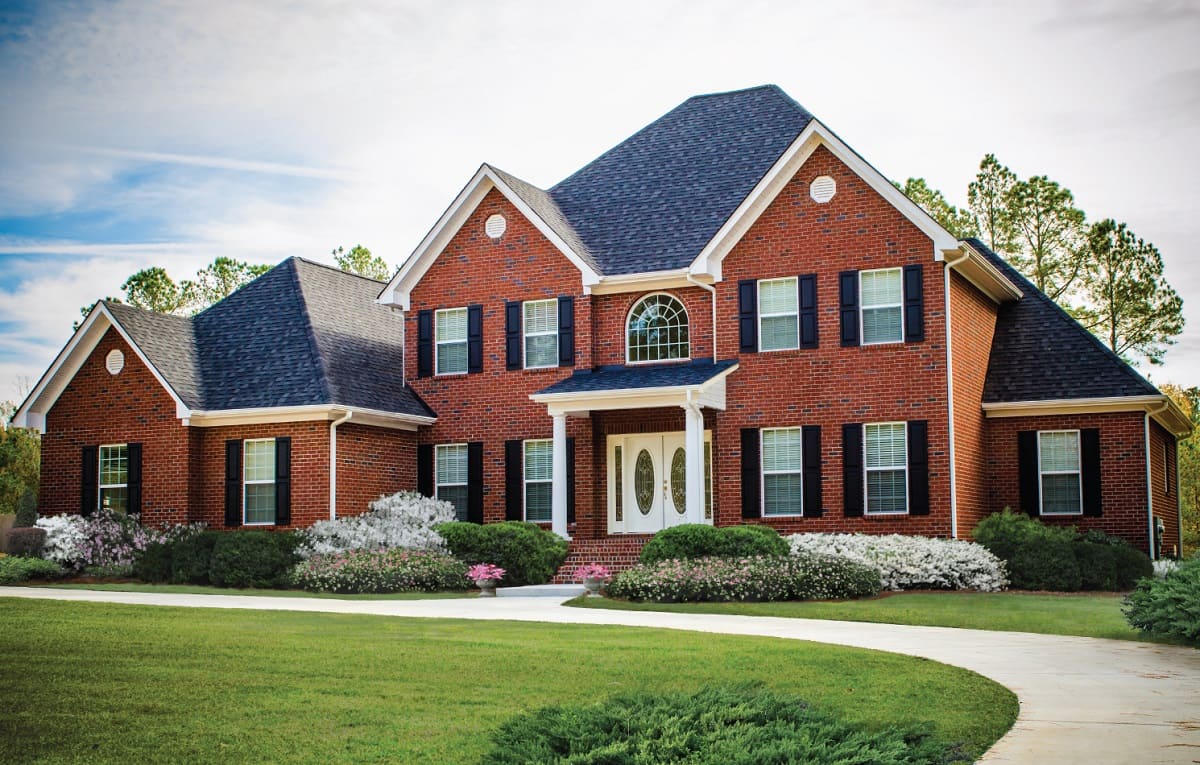

Building Materials
Why Are Brick Houses Better
Modified: February 18, 2024
Discover why brick houses are a superior choice for durability, energy efficiency, and aesthetic appeal. Learn why building materials matter.
(Many of the links in this article redirect to a specific reviewed product. Your purchase of these products through affiliate links helps to generate commission for Storables.com, at no extra cost. Learn more)
Introduction
When it comes to building a house, the choice of materials is crucial. One of the most enduring and time-tested options is brick. The use of bricks in construction dates back thousands of years, and its popularity endures to this day. There are several compelling reasons why brick houses are considered superior to those made from other materials. In this article, we will explore the various advantages of brick houses, ranging from their durability and energy efficiency to their low maintenance requirements and fire resistance. Additionally, we will delve into the benefits of brick houses in terms of sound insulation and their positive impact on resale value. Let's embark on a journey to uncover the numerous advantages that make brick houses a top choice for homeowners and builders alike.
Key Takeaways:
- Brick houses are a top choice for homeowners due to their durability, energy efficiency, low maintenance, fire resistance, and sound insulation. They offer long-term value and peace of mind.
- The timeless charm, resilience, and eco-friendly nature of brick houses make them a sought-after investment in the real estate market. Their enduring appeal and low maintenance requirements contribute to strong resale value.
Read more: Why Are British Houses Made Of Brick
Durability
Brick houses are renowned for their exceptional durability, standing the test of time in a way that few other building materials can match. The very nature of bricks, which are made from fired clay, imparts a remarkable strength and resilience to the structures they form. Unlike wood, which is susceptible to rot and decay, or vinyl siding, which can warp and deteriorate over time, bricks are resistant to these common forms of degradation. This inherent durability means that brick houses require minimal maintenance and are less prone to damage from the elements.
The durability of brick houses is further enhanced by their ability to withstand extreme weather conditions. Whether it's scorching heat, heavy rain, or high winds, brick houses offer a level of protection that gives homeowners peace of mind. This resilience is particularly valuable in regions prone to severe weather, where the structural integrity of a home is of paramount importance.
Moreover, the longevity of brick houses contributes to their sustainability. Unlike many modern building materials that have a limited lifespan and end up in landfills, bricks can endure for centuries. This longevity reduces the environmental impact of construction, making brick houses an eco-friendly choice for those concerned about sustainability.
In addition to their resistance to weather and decay, brick houses are also highly resistant to pests such as termites, which can wreak havoc on homes constructed with wood. This further adds to the overall durability of brick houses, ensuring that they remain structurally sound and aesthetically pleasing for generations to come.
In summary, the durability of brick houses is a key factor in their appeal to homeowners and builders. Their ability to withstand the elements, resist decay, and deter pests makes them a wise investment for those seeking a long-lasting and low-maintenance housing solution.
Energy Efficiency
Brick houses are renowned for their exceptional energy efficiency, offering a range of benefits that contribute to lower energy consumption and reduced utility costs. The inherent thermal mass of bricks enables them to absorb and store heat, effectively regulating indoor temperatures and reducing the reliance on heating and cooling systems. This natural insulation property of bricks helps maintain a comfortable and consistent indoor climate throughout the year, regardless of external weather conditions.
The thermal mass of bricks also contributes to the phenomenon known as "passive solar design." This design approach leverages the ability of building materials to absorb and release heat, thereby reducing the need for mechanical heating and cooling. In the context of brick houses, this means that they can effectively capture and retain solar energy during the day and release it slowly at night, thereby reducing the demand for artificial heating.
Furthermore, the thermal efficiency of brick houses extends to their ability to keep interiors cool during hot weather. The thermal mass of bricks helps to mitigate the impact of external heat, reducing the need for air conditioning and promoting a more sustainable approach to temperature control.
In addition to their thermal properties, brick houses can be further enhanced with insulation materials, such as foam or mineral wool, to augment their energy efficiency. This combination of brick construction and modern insulation techniques creates a formidable barrier against heat loss in winter and heat gain in summer, resulting in lower energy consumption and enhanced comfort for occupants.
The energy efficiency of brick houses also aligns with contemporary environmental and sustainability goals. By reducing the reliance on artificial heating and cooling, brick houses contribute to lower carbon emissions and a smaller ecological footprint. This makes them an attractive choice for environmentally conscious homeowners seeking to minimize their impact on the planet.
In summary, the energy efficiency of brick houses is a compelling advantage that resonates with homeowners and builders alike. Their natural thermal mass, passive solar design potential, and compatibility with modern insulation techniques position brick houses as a sustainable and cost-effective choice for those seeking to minimize energy consumption and maximize comfort.
Low Maintenance
Brick houses are celebrated for their remarkably low maintenance requirements, setting them apart as a practical and cost-effective housing option. Unlike other building materials that demand regular upkeep and repairs, brick houses exhibit a level of resilience and longevity that minimizes the need for ongoing maintenance.
The inherent durability of bricks plays a pivotal role in their low maintenance appeal. Unlike wood, which requires staining or painting to preserve its appearance and structural integrity, bricks maintain their aesthetic appeal without the need for frequent refinishing. This means that homeowners can enjoy the timeless charm of brick exteriors without the hassle and expense of repainting or resealing.
Furthermore, the robust nature of brick houses renders them resistant to common forms of wear and tear. Unlike vinyl siding, which can crack, warp, or fade over time, bricks retain their strength and color for decades, reducing the need for repairs or replacements. This longevity translates to significant cost savings for homeowners, as they are spared the recurring expenses associated with maintaining and replacing exterior cladding.
In addition to their resilience, brick houses are inherently resistant to moisture, mold, and rot, further diminishing the need for extensive maintenance. Unlike wood, which is susceptible to water damage and decay, bricks remain impervious to moisture, ensuring that the structural integrity of the house is preserved without the need for constant vigilance and upkeep.
Moreover, the low maintenance requirements of brick houses contribute to their overall value and appeal. Homeowners are drawn to the prospect of a home that offers enduring beauty and structural integrity with minimal maintenance demands. This translates to a sense of peace and security, knowing that their investment in a brick house will yield long-term benefits without the burden of excessive maintenance tasks.
In summary, the low maintenance characteristics of brick houses position them as an attractive and practical choice for homeowners seeking a durable, cost-effective, and aesthetically pleasing housing solution. The minimal upkeep requirements of brick houses not only reduce the ongoing maintenance costs but also contribute to the long-term value and desirability of these enduring structures.
Brick houses are better because they are more durable, fire-resistant, and require less maintenance compared to other building materials like wood or vinyl siding.
Fire Resistance
Brick houses are renowned for their exceptional fire resistance, offering a level of protection that surpasses many other building materials. The inherent properties of bricks, derived from their composition of fired clay, make them highly resistant to fire and heat. Unlike wood, which is combustible and can fuel the spread of flames, bricks act as a formidable barrier against fire, providing invaluable safety and security for homeowners.
The non-combustible nature of bricks means that they do not contribute to the spread of fire, making them an ideal choice for constructing homes in areas prone to wildfires or other fire hazards. This fire resistance is particularly significant in regions where the risk of fire is a prevalent concern, as brick houses offer a level of protection that can be crucial in safeguarding lives and property.
Furthermore, the fire resistance of brick houses extends beyond the exterior walls. When used in conjunction with appropriate fire-rated materials for roofing and insulation, brick houses can provide a comprehensive defense against fire, creating a secure and resilient envelope for occupants. This holistic approach to fire resistance underscores the suitability of brick houses in mitigating the impact of fire-related incidents.
In addition to their ability to withstand direct exposure to flames, bricks also exhibit exceptional heat resistance. This means that even in close proximity to a fire, such as in the case of neighboring structures ablaze, brick houses offer a level of protection that can prevent the spread of fire and limit damage to the property. This heat resistance is a critical advantage that enhances the safety and structural integrity of brick houses in the event of fire emergencies.
Moreover, the fire resistance of brick houses aligns with building codes and regulations that prioritize safety and disaster resilience. By choosing brick as the primary construction material, homeowners can rest assured that their homes are equipped with a robust defense against fire, meeting or exceeding the stringent requirements for fire safety and protection.
In summary, the exceptional fire resistance of brick houses positions them as a superior choice for homeowners seeking peace of mind and security. The non-combustible nature of bricks, coupled with their heat resistance and ability to withstand fire, makes brick houses a compelling option for those prioritizing safety and disaster resilience in their housing decisions.
Read more: Why Doesn’t America Build Brick Houses
Sound Insulation
Sound insulation is a crucial aspect of a comfortable living environment, and brick houses excel in this regard. The dense and solid nature of bricks, combined with their mass, provides exceptional sound insulation properties that contribute to a quieter and more peaceful indoor atmosphere.
The density of bricks enables them to effectively block airborne sound transmission, such as noise from traffic, neighbors, or other external sources. This means that residents of brick houses can enjoy a reduced level of external noise intrusion, creating a serene and tranquil living space. Additionally, the solid construction of brick houses minimizes the transmission of impact noise, such as footsteps or moving furniture, further enhancing the acoustic comfort within the home.
Moreover, the sound insulation capabilities of brick houses extend to their ability to contain and isolate internal noise. This means that sounds generated within the house, such as conversations, appliances, or entertainment systems, are less likely to permeate through the walls, ensuring privacy and minimizing disruptions for occupants.
The superior sound insulation of brick houses contributes to a higher quality of life for residents, promoting restful sleep, concentration, and relaxation. This is particularly valuable in urban or densely populated areas, where external noise can be a constant source of disturbance. The acoustic comfort provided by brick houses enhances the overall living experience, making them an appealing choice for those seeking a peaceful and harmonious home environment.
In addition to the immediate benefits for occupants, the sound insulation properties of brick houses also contribute to their long-term value and desirability. Homebuyers are often drawn to the prospect of a home that offers a quiet and private living space, free from the disruptions of external and internal noise. This makes brick houses an attractive investment, as their superior sound insulation capabilities align with the preferences of discerning homeowners.
In summary, the exceptional sound insulation of brick houses sets them apart as a superior choice for those seeking a peaceful and harmonious living environment. The dense and solid nature of bricks, combined with their ability to block airborne and impact noise, creates a serene acoustic atmosphere that enhances the overall quality of life for residents.
Resale Value
The resale value of a home is a critical consideration for homeowners, and brick houses are renowned for their enduring appeal in the real estate market. The timeless charm, durability, and numerous advantages of brick houses contribute to their strong resale value, making them an attractive investment for both current and prospective homeowners.
One of the key factors that bolster the resale value of brick houses is their timeless aesthetic appeal. The classic and elegant look of brick exteriors transcends architectural trends and fads, ensuring that brick houses maintain their desirability across generations. This enduring visual appeal resonates with homebuyers seeking a property with timeless charm and architectural distinction, positioning brick houses as a sought-after commodity in the real estate market.
Furthermore, the durability and low maintenance requirements of brick houses play a pivotal role in enhancing their resale value. Prospective buyers are often drawn to homes that offer long-term structural integrity and minimal upkeep demands, and brick houses excel in both aspects. The assurance of a low-maintenance and resilient property appeals to homebuyers seeking a sound investment that will retain its value over time, making brick houses a compelling choice in the competitive real estate landscape.
In addition to their aesthetic and practical advantages, brick houses command a premium in the real estate market due to their exceptional performance in terms of energy efficiency and sustainability. With a growing emphasis on environmental consciousness and energy conservation, homebuyers are increasingly drawn to properties that offer sustainable features and reduced environmental impact. The energy efficiency of brick houses, coupled with their natural thermal mass and insulation properties, aligns with the preferences of modern homeowners, contributing to their strong resale value.
Moreover, the fire resistance and sound insulation capabilities of brick houses further elevate their appeal in the real estate market. Homebuyers value properties that offer safety, security, and acoustic comfort, and brick houses excel in these aspects. The peace of mind afforded by the fire resistance and sound insulation of brick houses enhances their desirability, translating to a higher resale value and a competitive edge in the housing market.
In summary, the resale value of brick houses is underpinned by their timeless aesthetic appeal, durability, low maintenance requirements, energy efficiency, sustainability, and exceptional performance in terms of fire resistance and sound insulation. These compelling attributes position brick houses as a sound investment with enduring value, making them a top choice for homeowners seeking a property that offers long-term desirability and strong resale potential.
Frequently Asked Questions about Why Are Brick Houses Better
Was this page helpful?
At Storables.com, we guarantee accurate and reliable information. Our content, validated by Expert Board Contributors, is crafted following stringent Editorial Policies. We're committed to providing you with well-researched, expert-backed insights for all your informational needs.
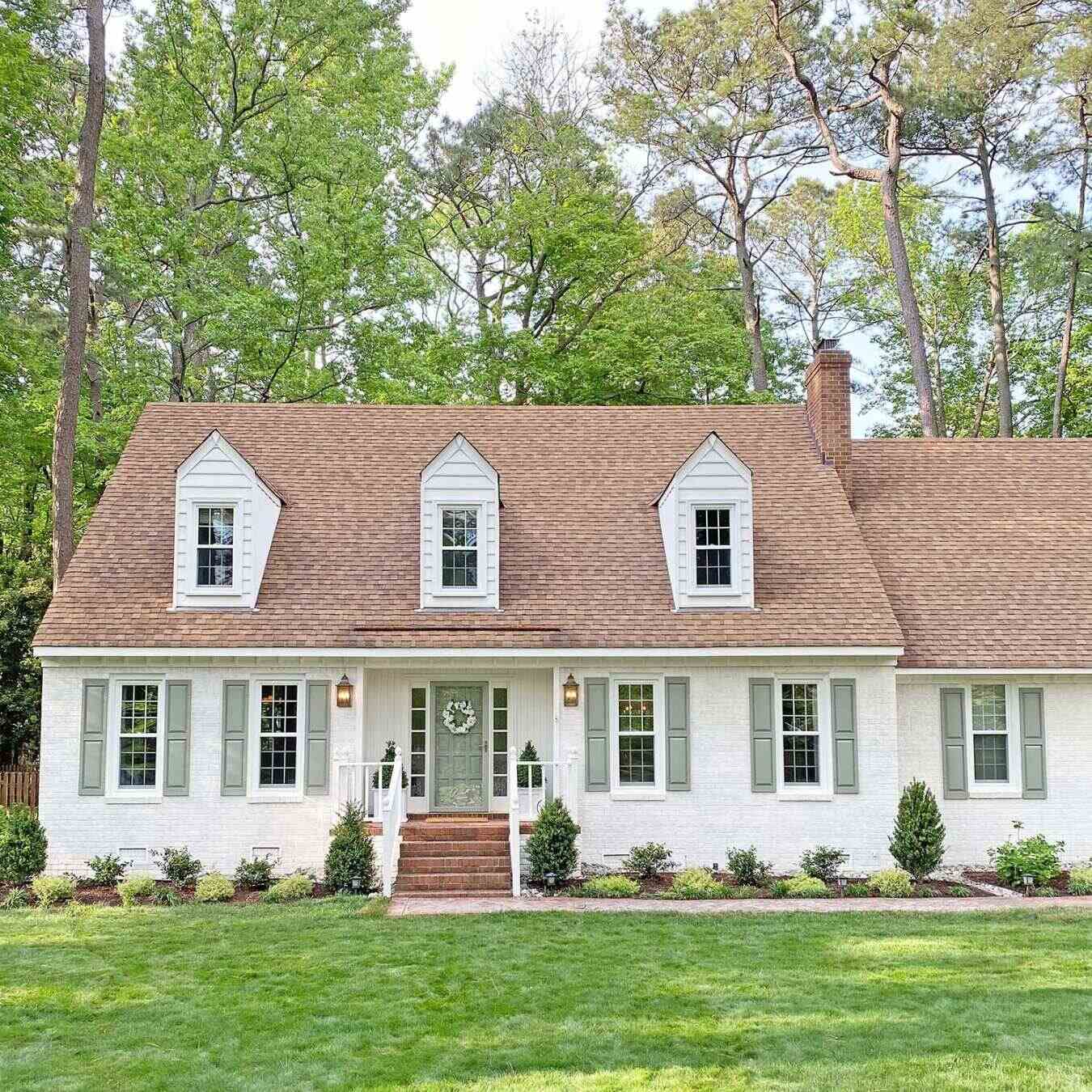
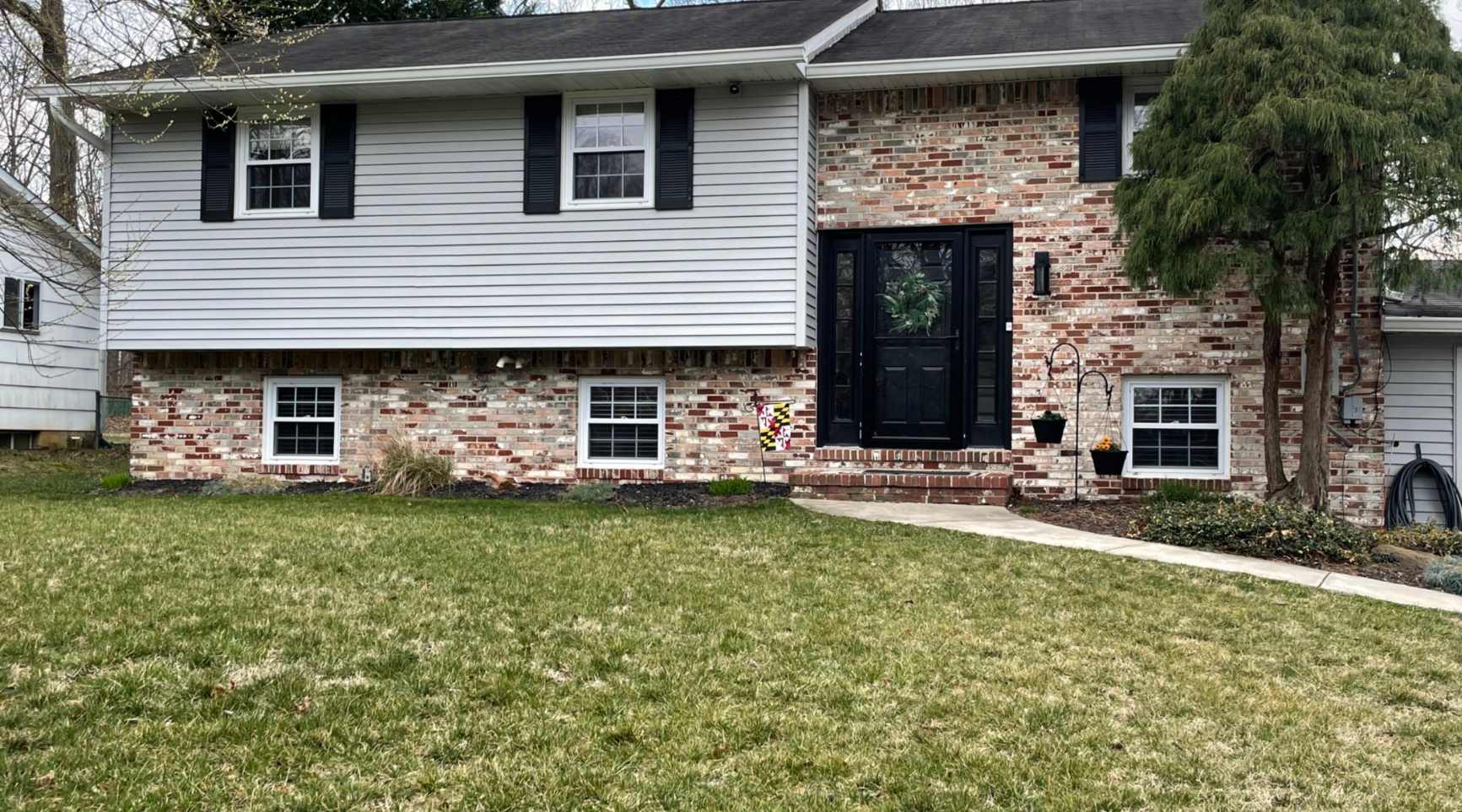
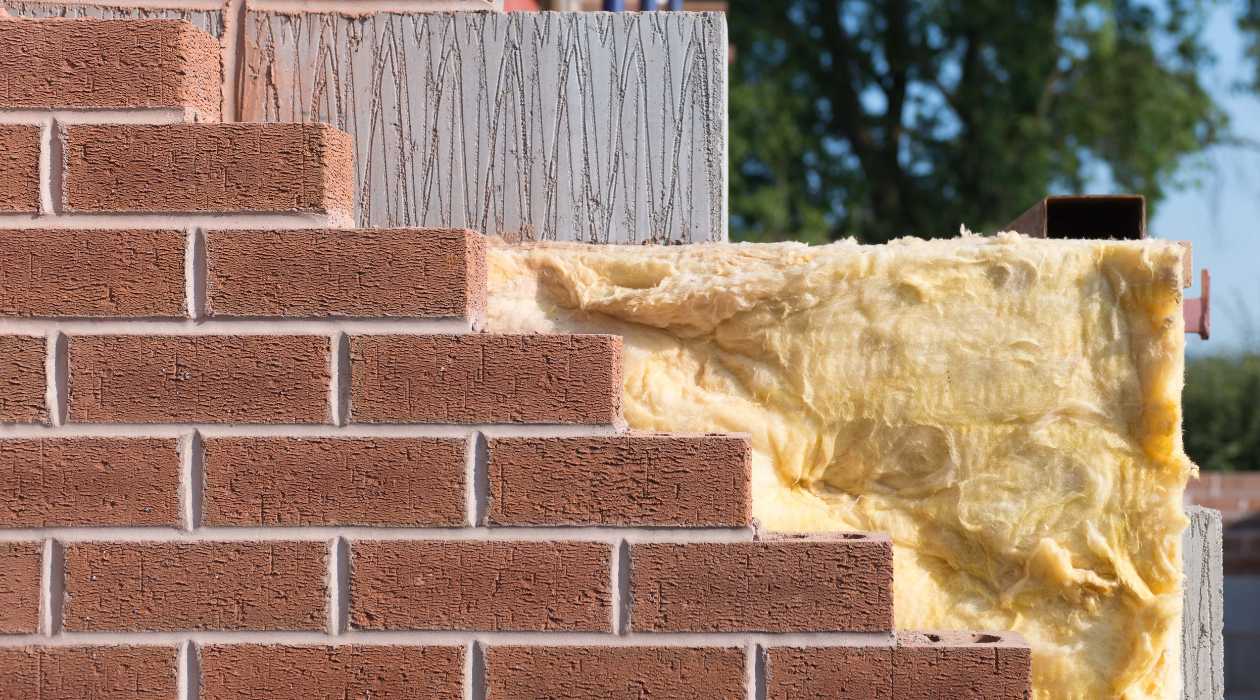
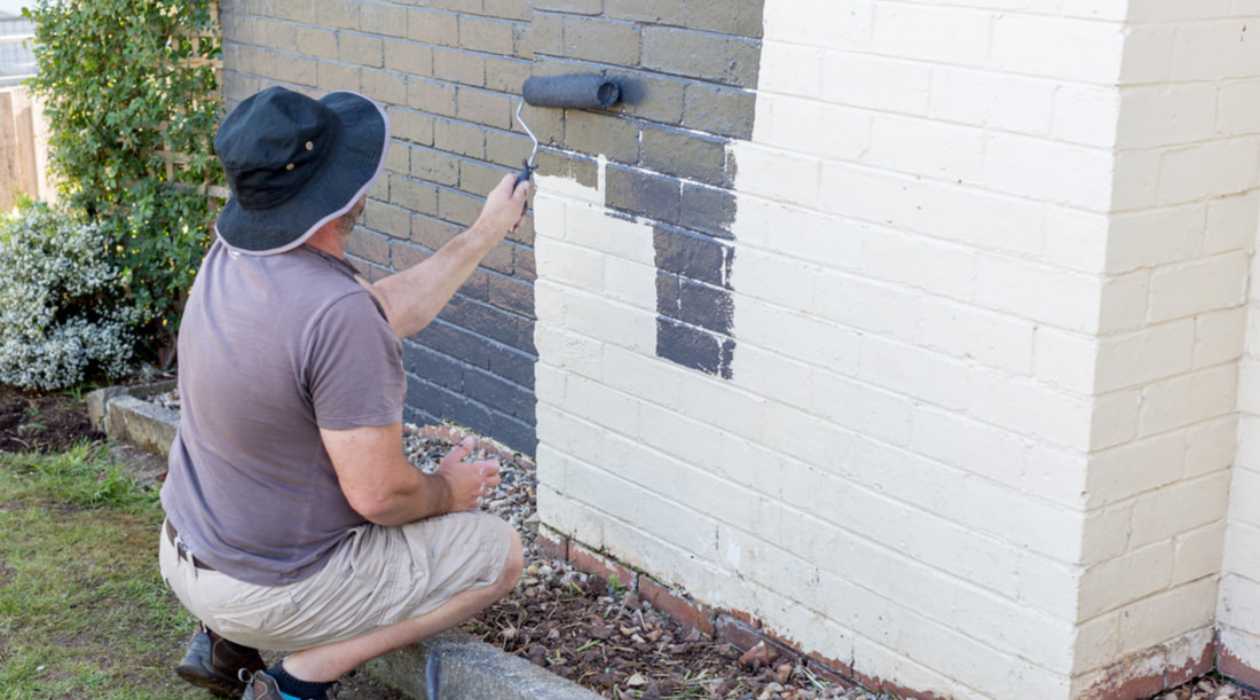
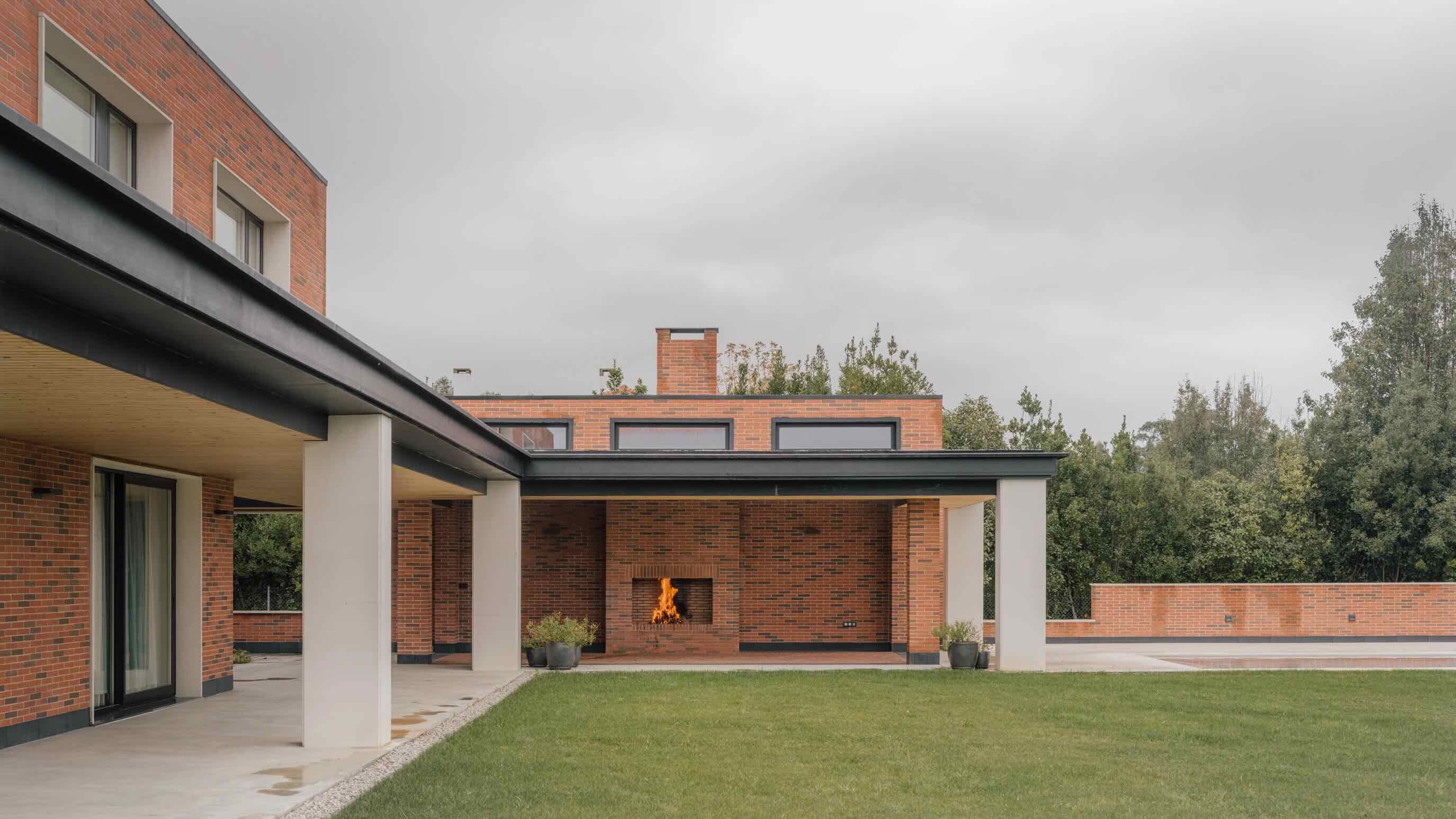
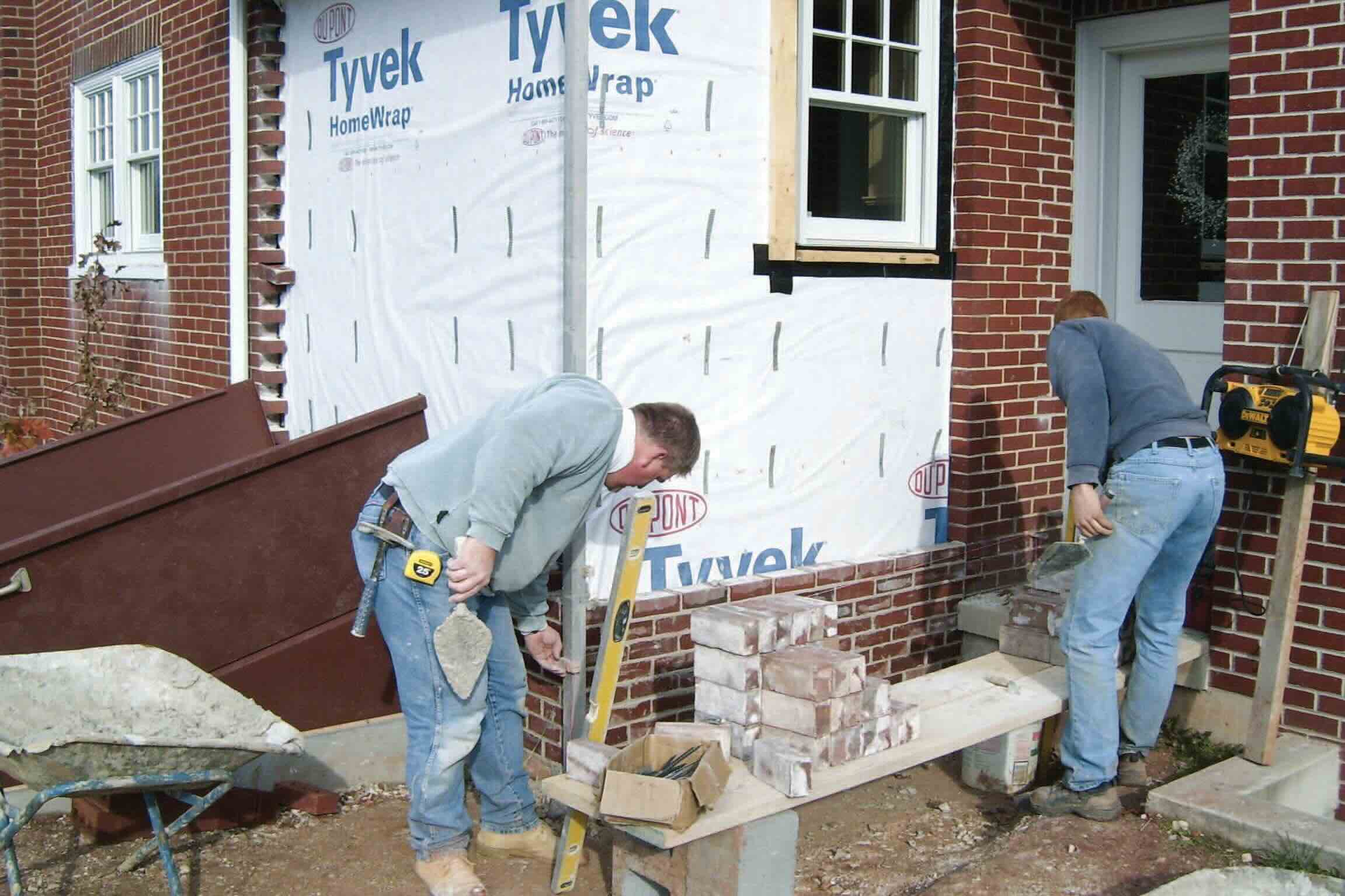
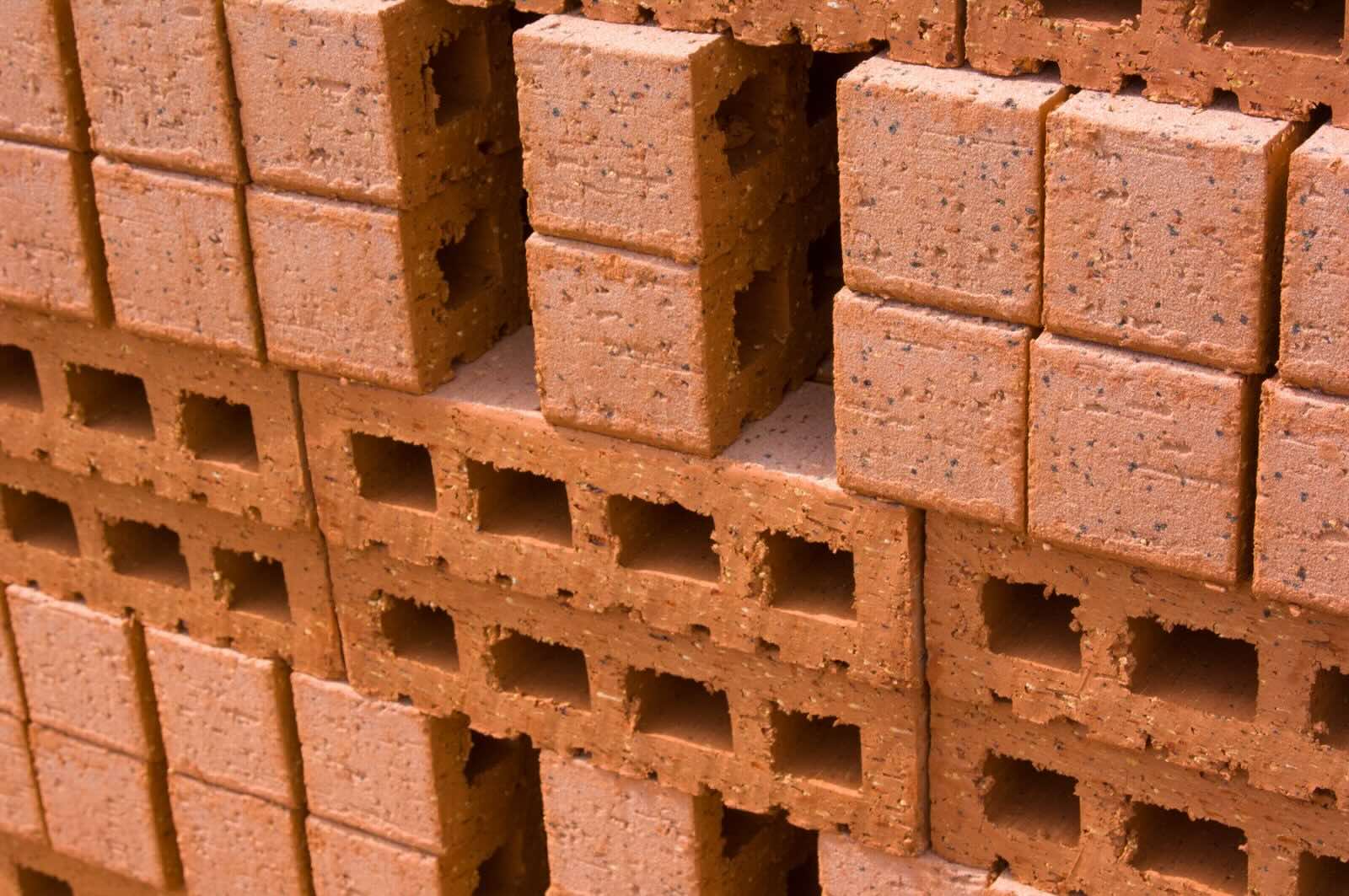
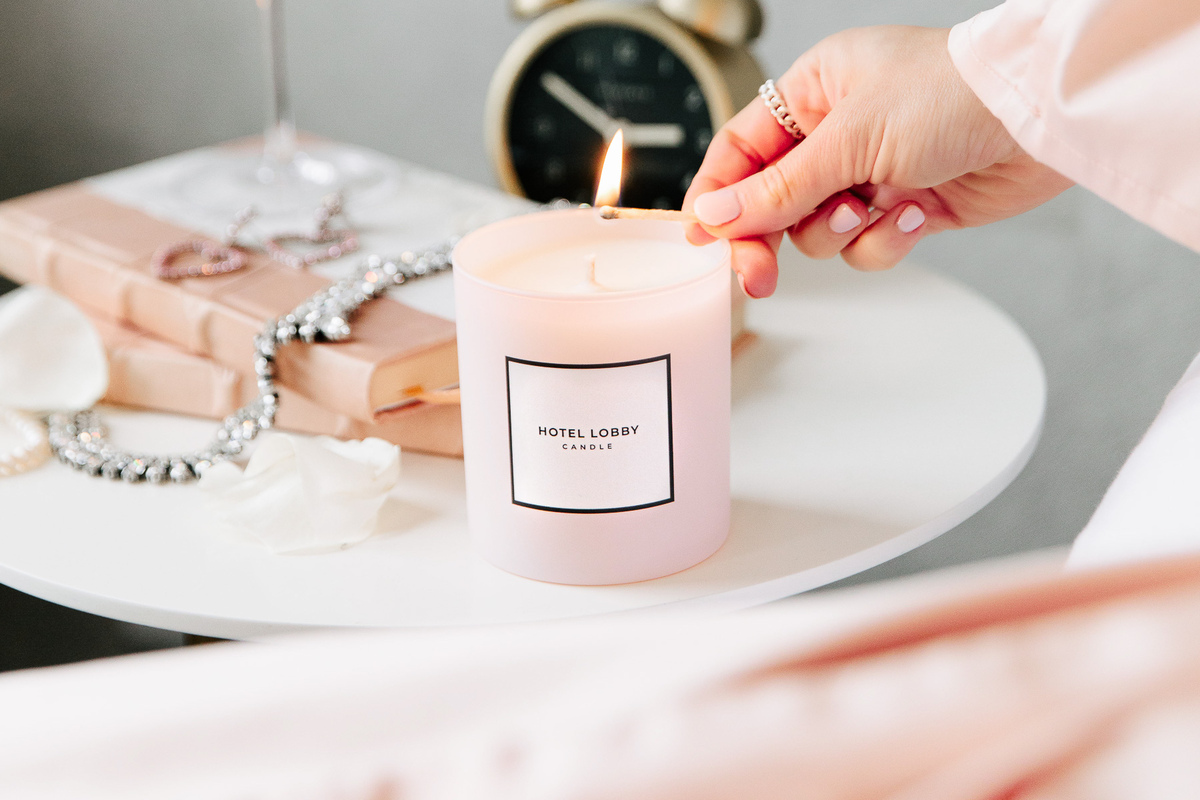
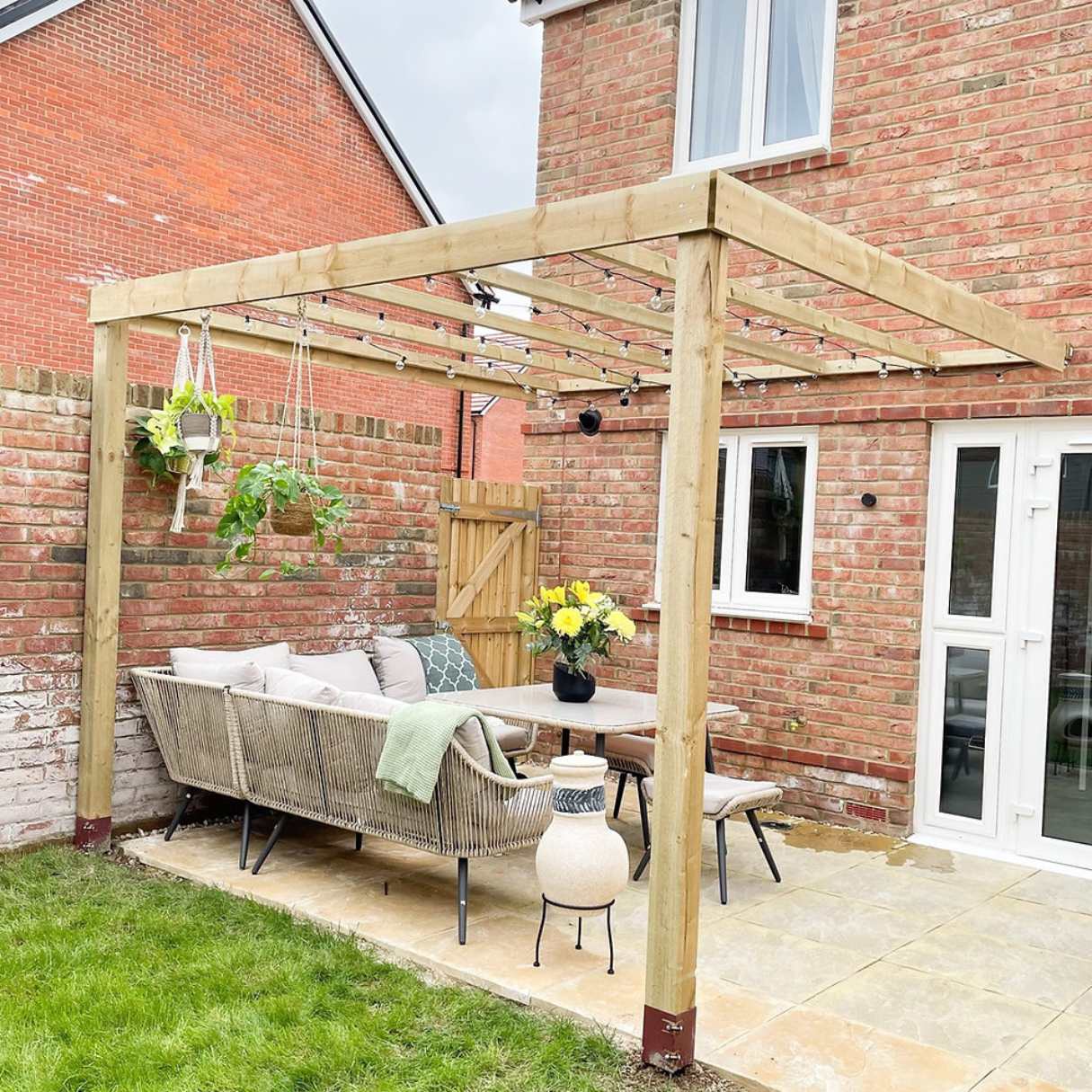
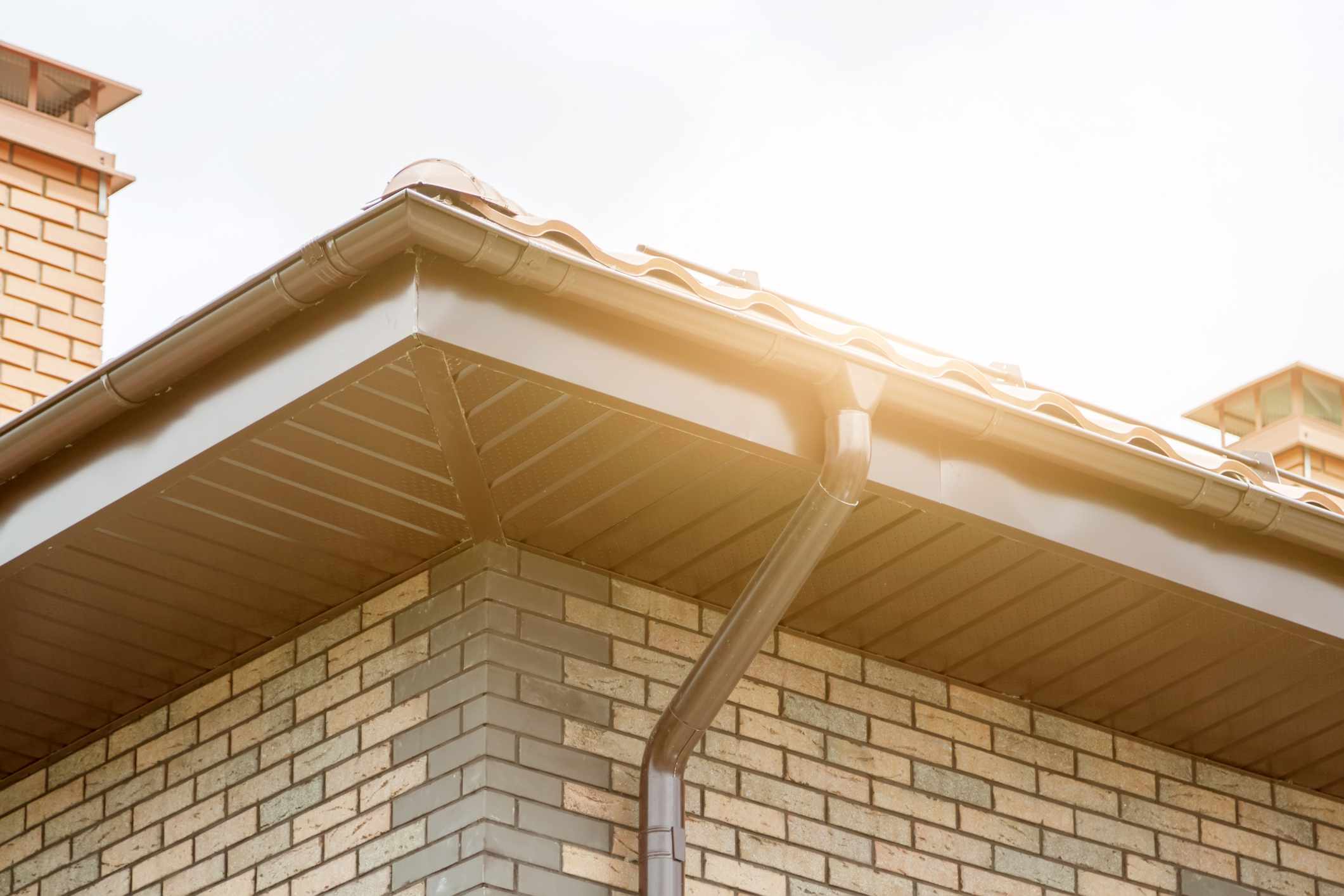
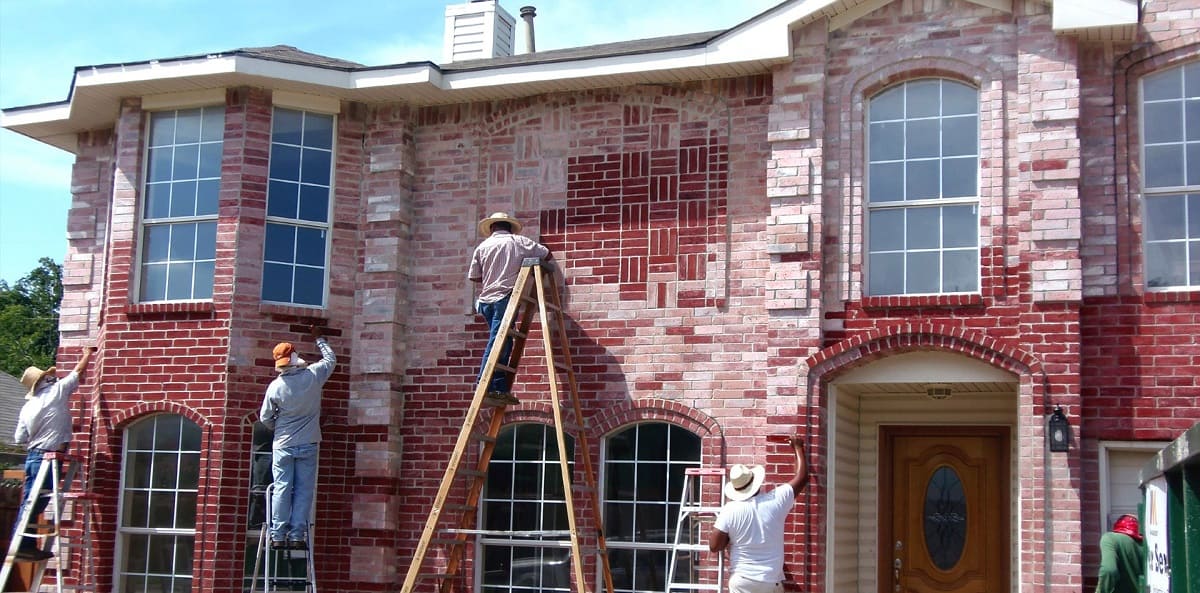
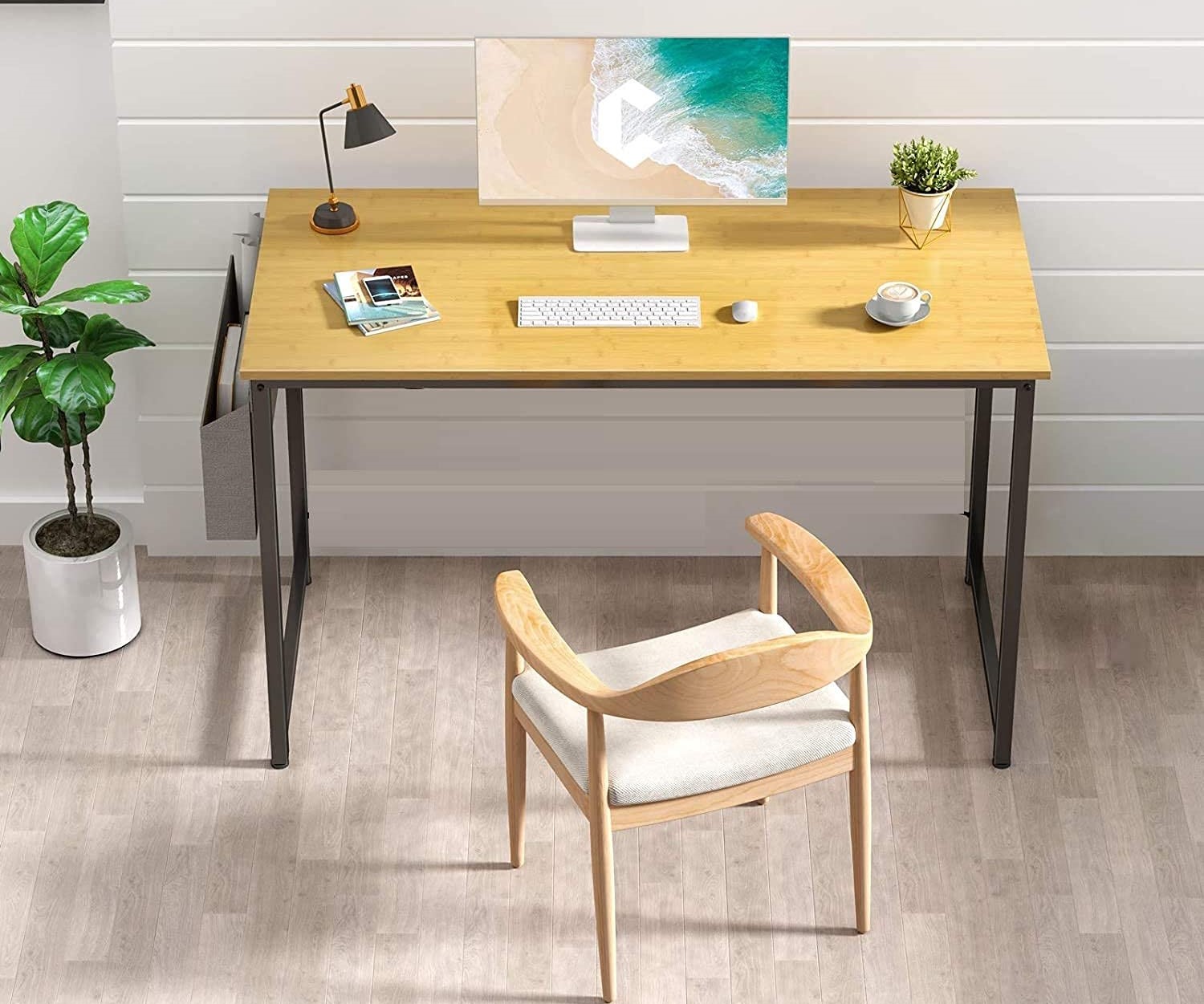

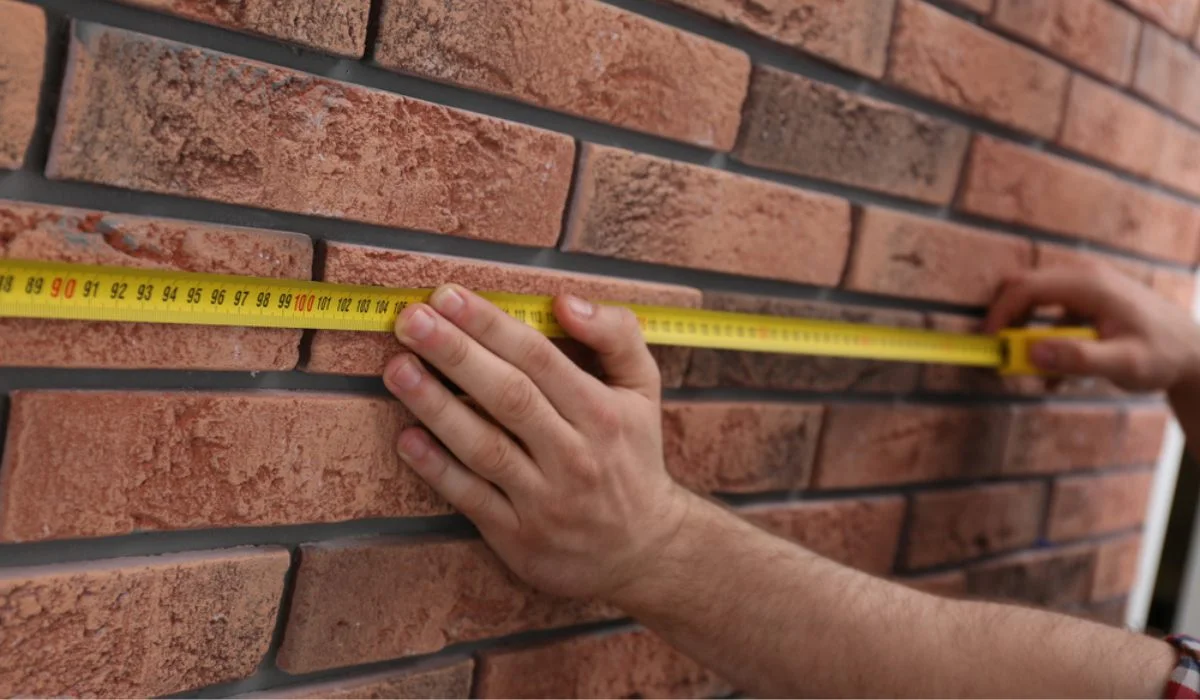

0 thoughts on “Why Are Brick Houses Better”